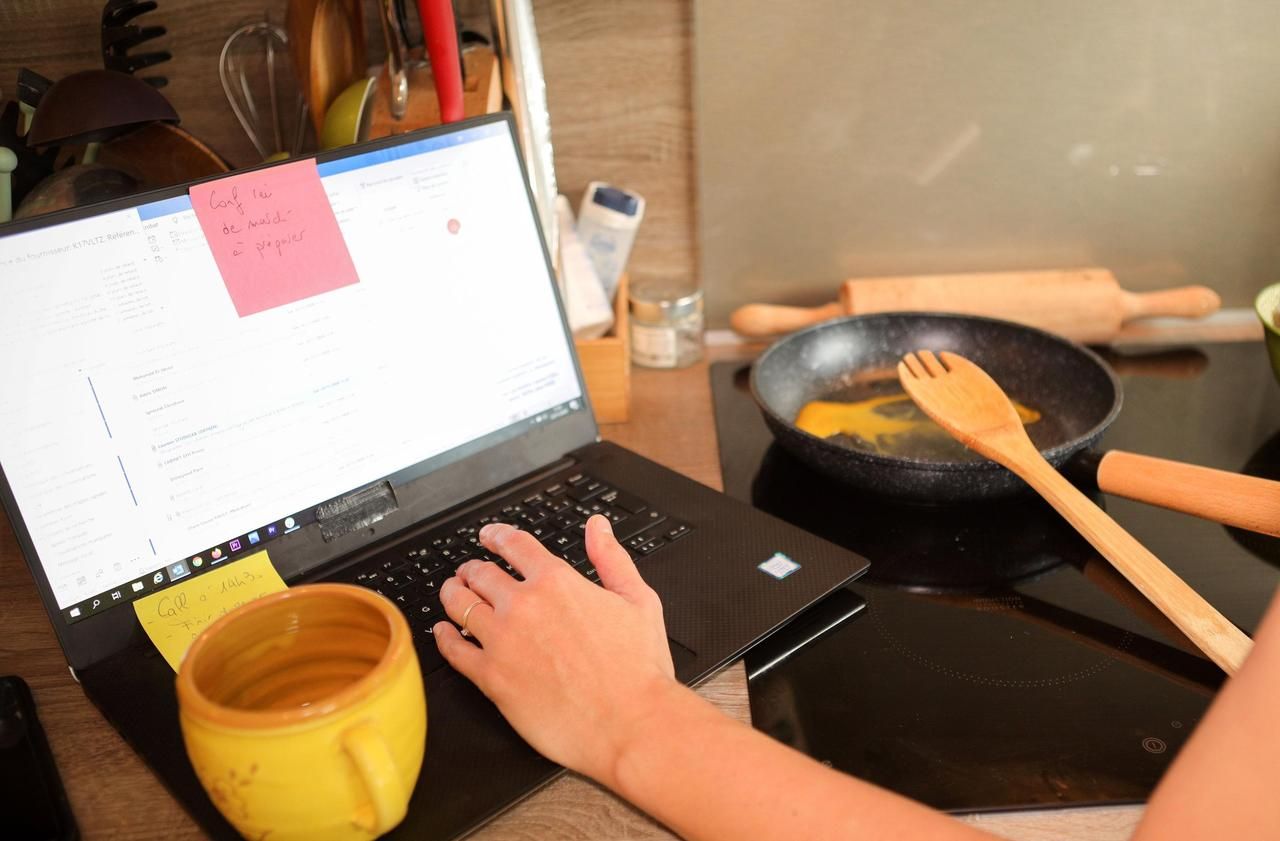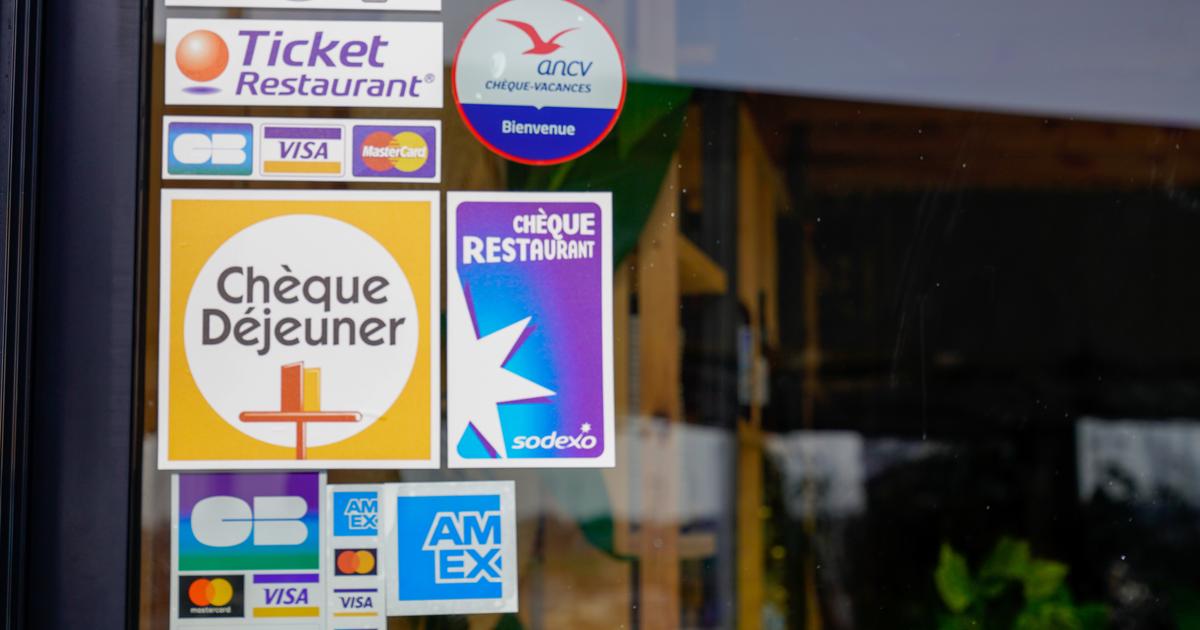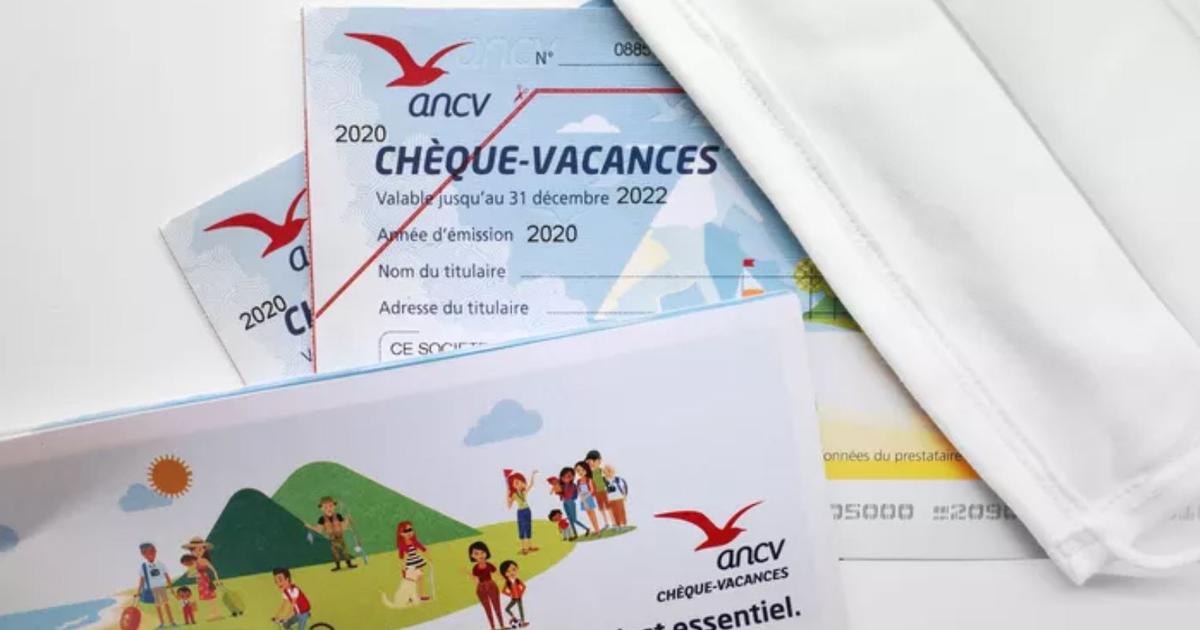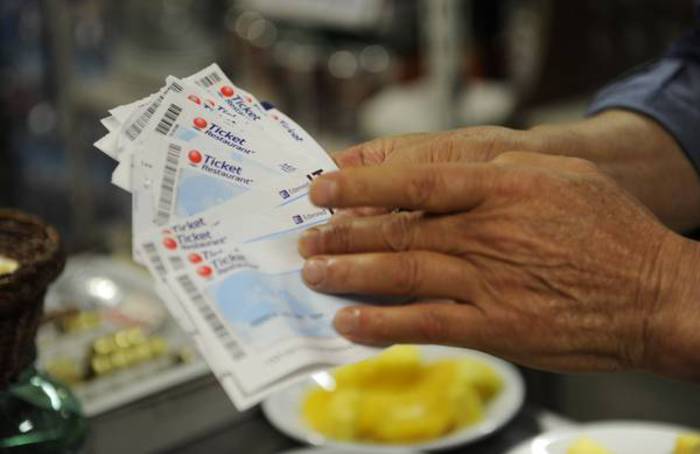For nearly 2,000 SFR employees, the Covid-19 crisis will have had an unexpected consequence.
For almost a year, these employees of the telecommunications operator who, in the past, benefited from meal vouchers for their lunch break have seen this advantage withdrawn, denounce the unions.
A shortfall that concerns staff working in regional agencies, on sites without collective catering space and which has persisted since the start of the first confinement in March 2020 with the implementation of teleworking.
The situation has provoked indignation from the unions internally.
“It's very unfair and bordering on legality!
SFR seeks to save money on the backs of employees!
»Says Xavier Courtillat, central union delegate CFDT, the first representative union.
"Employees find themselves in compulsory teleworking and they must also take full charge of their lunch", deplores Sylvie Gache, staff representative in Toulouse (Haute-Garonne) for the CFE-CGC.
“For low wages, meal vouchers represent a small, non-negligible additional income of around 100 euros per month.
This complement has disappeared ”, adds Abdelkader Choukrane, central union delegate of Unsa.
The CFDT wants compensation for occupancy of the home
In June 2020, the tension rose a notch when the CFDT sued the management of the company to the tribunal de grande instance of Paris (TGI) to enforce "respect for the rights of employees".
The union asks, in addition to the return of the payment of meal vouchers of 9 euros, compensation for occupancy of the home for professional purposes.
No date has yet been set for the hearing which should be held in 2021. Contacted, management declined to comment.
READ ALSO>
How much does telework cost you?
Take the test with our simulator
But internally, one of the managers, requested by the employees, would have justified stopping the payment of meal vouchers by the fact that the employees working from home would now have "free time" to prepare to eat.
An argument swept aside by the unions.
“To justify this measure, management is based on the agreement on teleworking signed in the company in 2018. At the time, management had imposed that employees who chose to do one day of telework per week do not not entitled to their lunch voucher that day.
But it was one day a week and it was on a voluntary basis, which is no longer the case today, ”argues Xavier Courtillat.
The employers aware of the risk of "tensions"
The case of SFR would not be unique.
While companies are now invited to financially support part of the costs incurred by teleworking employees, which can exceed 100 euros per month, employers have, on the contrary, suppressed the payment of meal vouchers for several years. month.
"Certain companies, fortunately a minority, are currently making savings by eliminating the luncheon vouchers of their teleworking employees," confirms the president of the CFE-CGC François Hommeril.
It is scandalous and totally unjustified.
The Labor Code describes very precisely the importance of taking a lunch break.
When you work from home, home becomes the workplace.
Employees are entitled to request the return of these meal vouchers.
"
On the side of employers, we also recognize that the question of taking charge of lunch is "the subject that risks generating the most tensions in the current context", points out Eric Chevée, in charge of social matters at the CPME (Confederation of small and medium enterprises).
He stresses that “this can become a point of tension between employers and employees”.















